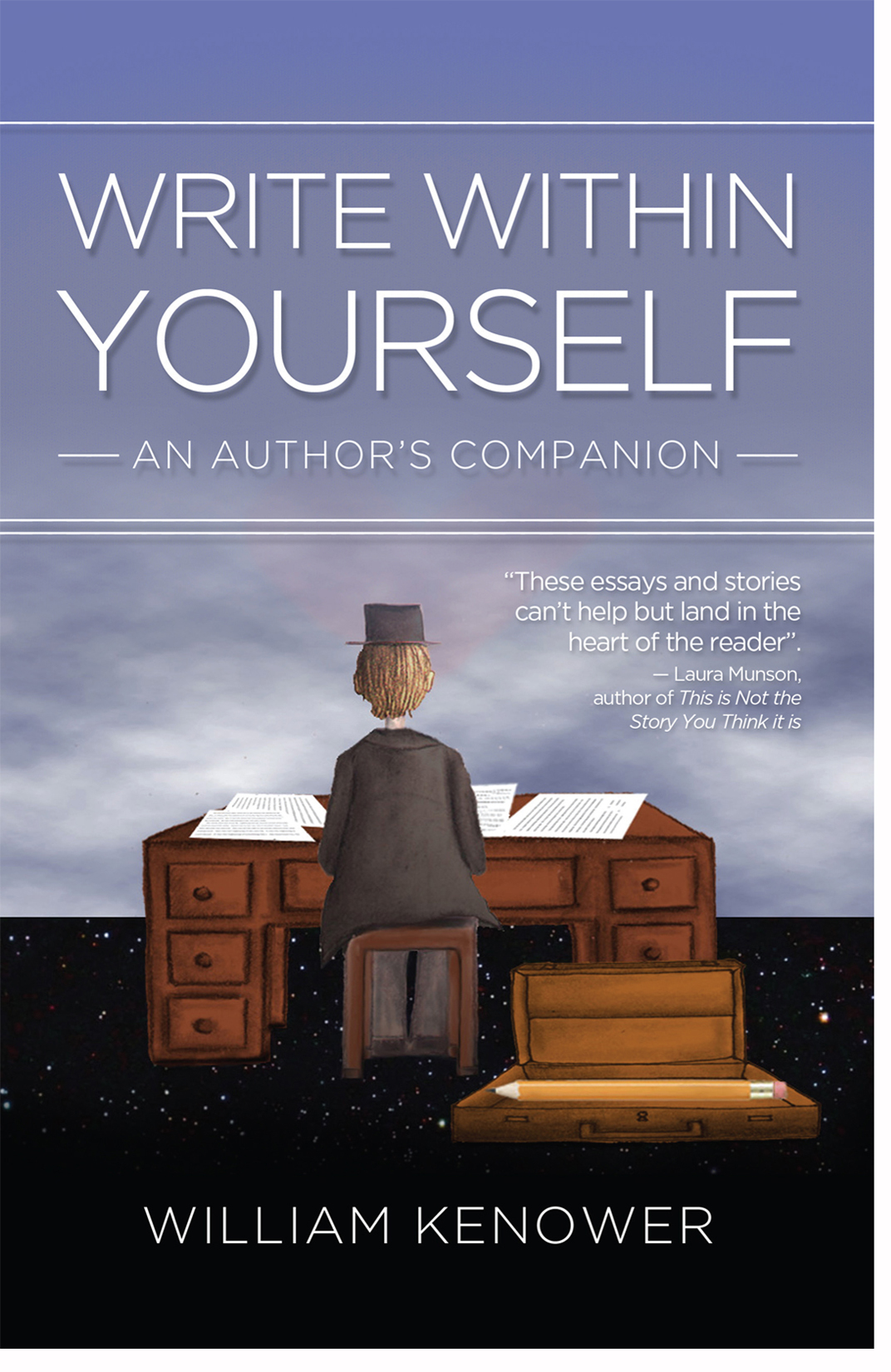Freedom
We show rather than tell because we cannot expect our readers to take our word for it. For instance, if I begin a story declaring, “Springfield, WA was a terrible town to grow up in,” I’m going to have to back this up with some evidence. Was it terrible because it was poor or because it was dull? Was it terrible because it was very conservative or because it lacked a sense of community? And who thought it was terrible? Surely not everyone. In this way, the adjective “terrible” is the accusation, and the details are the evidence offered for our reader-jury to pass their judgment. I find this often comes up when I’m teaching memoir. It is not unusual for a student to write that the church in which she was married was ugly and that her father was distant. When I ask the student what specifically made the church ugly and her father distant, she often can’t say at first. She can remember only the feeling of being in the church, and the feeling of missing her father, which is why she told us, her readers, what she perceived as a fact. But to her readers, the church’s ugliness and her father’s distance remain unsubstantiated rumors.
In this way, the reading and writing of stories is wholly democratic. The writer must trust and allow the reader to draw his own conclusions. This democratic awareness of the reader can be very liberating to the writer. It necessarily loosens our grip on the stories we tell. The stories don’t really belong to us. All that belongs to us is our feelings about the story.
Which is what we must remember to prevent the awareness of the reader from putting us back in a cage. The moment I begin to believe that every reader must understand my story exactly as I intend, I have thrown myself into a maze without an exit. A reader’s understanding does not belong to me, and I will never find it in all my writing and writing and writing. All that I can find is the understanding for which I am searching, a search that sets me free not upon its conclusion, but at its beginning.
Write Within Yourself: An Author's Companion.
"A book to keep nearby whenever your writer's spirit needs feeding." Deb Caletti.
You can find Bill at: williamkenower.com


